What is Technical Theater?
Technical theatre is a crucial part of every production. Tech students are responsible for lights, sound, set, props, costumes, and much more.
Some jobs require advanced technical training, such as operating the light board or sound management, while some are more artistic, such as painting set pieces or designing costumes. There are a few jobs that require no formal training, such as a props master or deck hand.
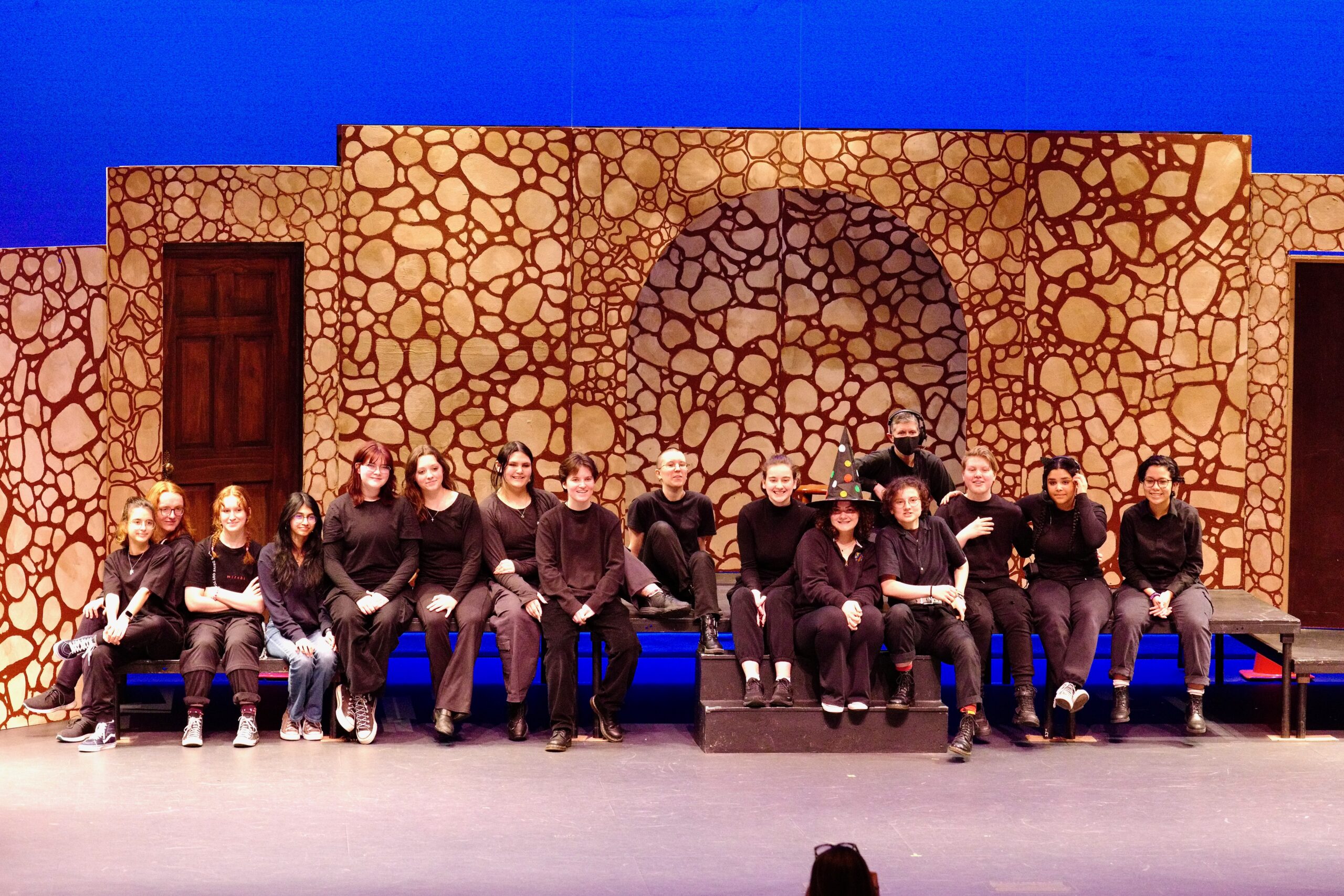
Tech Roles
This is by no means a comprehensive list of all things tech, but gives an idea of the types of jobs available for each production.
- Deck Hand: Responsible for moving set pieces during a show. This is often the starting point for new students.
- Props Master: Responsible for acquiring, manufacturing, properly placing, and/or overseeing any props needed for a production.
- Makeup Artist: Helps actors get into stage makeup. Alters or maintains makeup during productions as necessary to compensate for lighting changes or for continuity of effect.
- Costumer: Ensures all costumes and dressing rooms are in working condition. Assists in top of show dressing and costume changes. May require time outside of regular evening rehearsals and performances.
- Stage Manager: Provides practical and organizational support to the director, actors, designers, stage crew, and technicians throughout the production process. The role of the stage manager is especially important to the director in rehearsals.
- Assistant Stage Manager: Stationed just offstage to facilitate communication between the stage manager and actors, the ASM will be delegated tasks by the SM and ensures the safety of all actors and crew on stage.
- Fly Rail Operator: Operates scenery on the fly system. By pulling ropes, these operators move scenery in the air above the stage.
- Light Board Operator: Responsible for lighting once the show opens. During tech week, the operator will enter cues into the light board. Once the show opens, they perform a channel check to ensure all lighting equipment is functioning properly, and operate the board during each performance.
- Sound Board Operator: Responsible for audio once the show opens. During tech week, the operator will enter cues into the audio board. Once the show opens, they perform a channel check to ensure all audio equipment is functioning properly, and they operate the board during each performance.
- Spot Light Operator: Operates a spot light during each tech rehearsal and performance. Performs a system check on their spot light before each run. Spot ops are expected to create their own cue sheets as directed by the lighting designer.
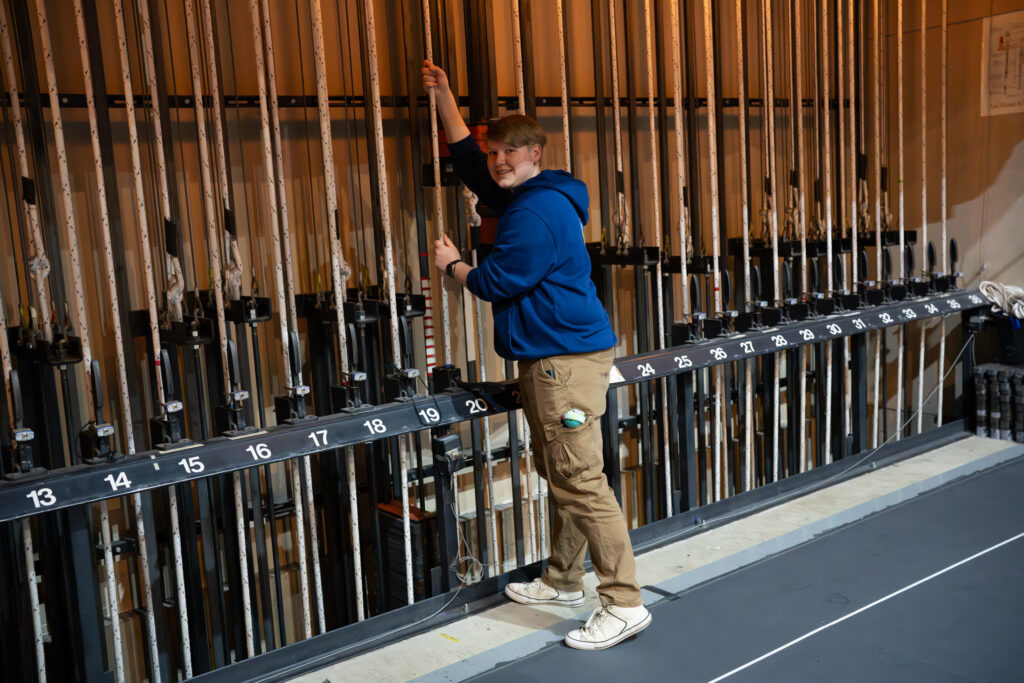
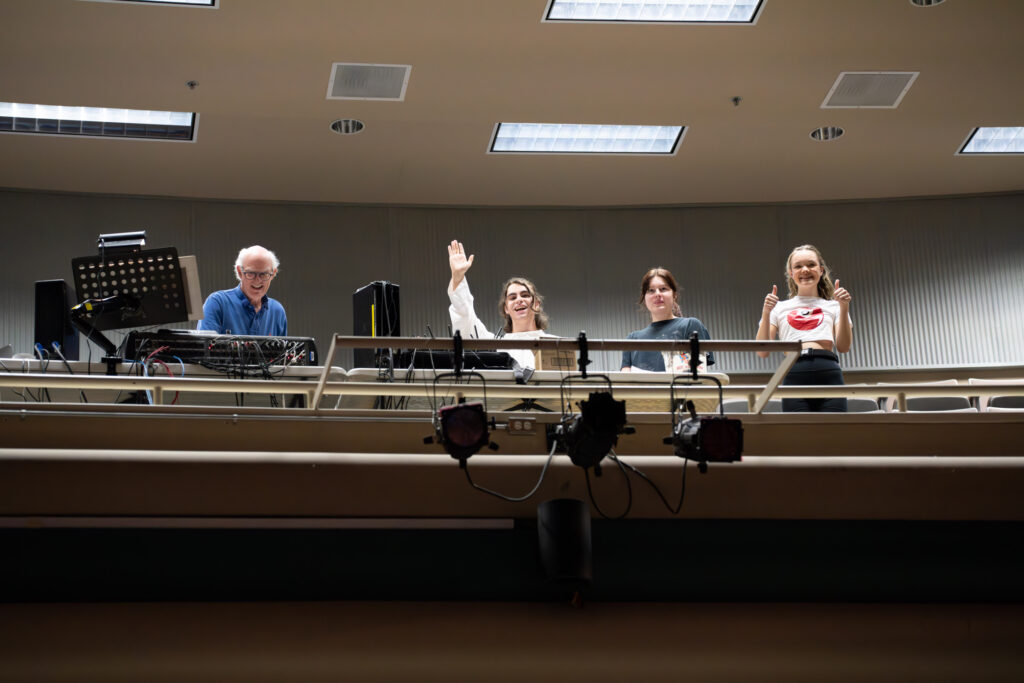
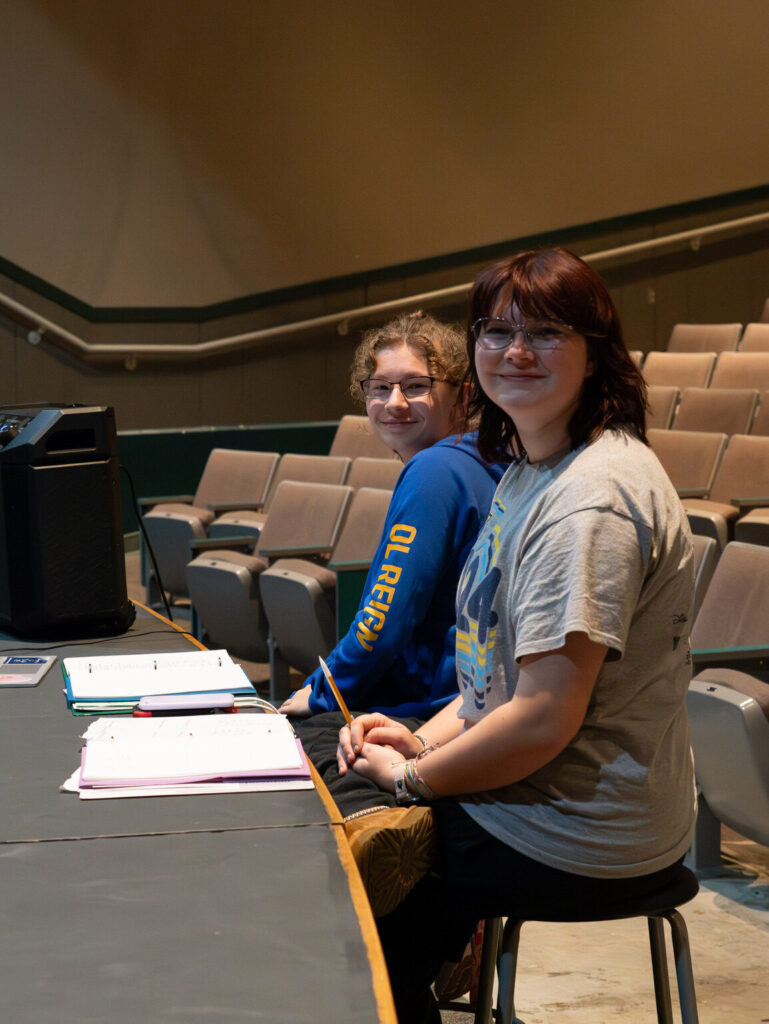
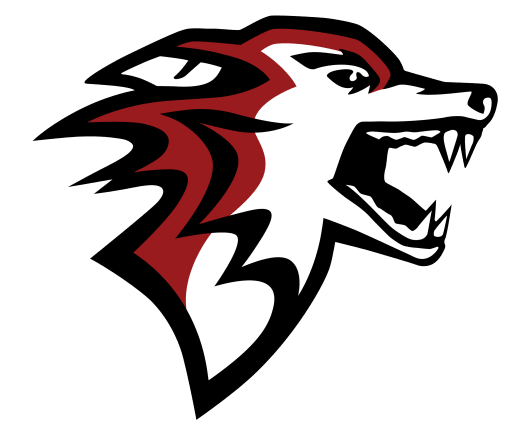 Welcome to Eastlake High School’s Drama Boosters – Sammamish, WA
Welcome to Eastlake High School’s Drama Boosters – Sammamish, WA